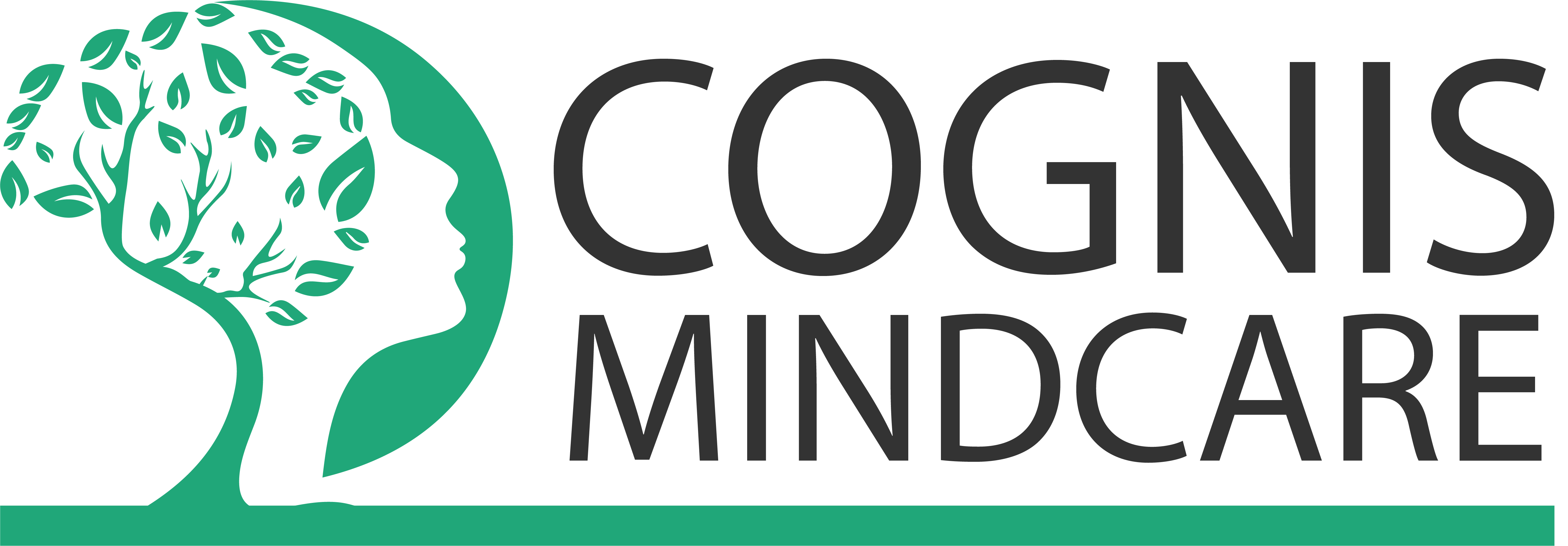
What is it?
Bipolar disorder, formerly known as manic depression, is a mental health condition characterized by significant changes in mood, energy, and the ability to function. People with bipolar disorder experience intense emotional states, called mood episodes, which can be manic (abnormally happy or irritable) or depressive (extremely sad or low). These mood episodes are more intense than ordinary mood swings and can interfere with daily functioning, job or school performance, and damage relationships.
What are the symptoms?
Symptoms of bipolar disorder vary depending on the type of mood episode experienced:
- Manic Episode Signs and Symptoms:
- Increased energy, activity, and restlessness
- Euphoric mood
- Extreme irritability
- Poor concentration
- Racing thoughts, rapid speech, and jumping between ideas
- Insomnia
- Heightened sense of self-importance
- Spending sprees
- Increased sexual behavior
- Substance abuse
- Provocative, intrusive, or aggressive behavior
- Denial that anything is wrong
- Depressive Episode Signs and Symptoms:
- Sad, anxious, or empty mood
- Feelings of hopelessness and pessimism
- Guilt, worthlessness, and helplessness
- Loss of interest in previously enjoyed activities
- Decreased energy and fatigue
- Difficulty concentrating, remembering, or making decisions
- Restlessness and irritability
- Sleep disturbances
- Changes in appetite and weight
- Physical symptoms without a clear cause
- Thoughts of death or suicide
Sometimes, people experience both manic and depressive symptoms simultaneously, which is called a mixed episode.
How common is it in India?
In India, bipolar disorder affects nearly 1 in 100 individuals.
How does it impact a person’s life?
Bipolar disorder can significantly impact a person’s life, causing them to exhibit erratic and aggressive behavior, make inappropriate comments, engage in excessive spending, and act impulsively or overconfidently. It can also lead to periods of intense sadness, which are more severe than typical mood swings. These symptoms often hamper social relationships and make it difficult for individuals to maintain stable personal and professional lives.
How is it treated?
Treatment for bipolar disorder is aimed at managing symptoms and may include:
- Medications: Various medications, such as mood stabilizers, anti-psychotics, and antidepressants, are prescribed based on the individual’s specific symptoms.
- Psychotherapy: This vital aspect of treatment can be provided individually, as a family, or in group settings. Interpersonal and social rhythm therapy (IPSRT) focuses on stabilizing the disrupted circadian rhythms often experienced by people with bipolar disorder, while interpersonal psychotherapy addresses social relations and emphasizes the importance of maintaining a daily routine.
With proper care and treatment, individuals with bipolar disorder can lead happy and healthy lives. Our team of mental health professionals provides the best possible care for individuals living with bipolar disorder.
